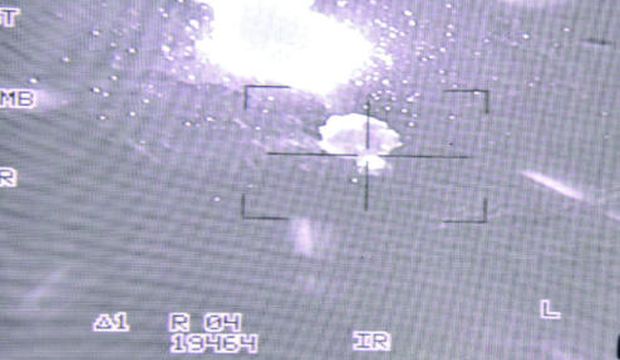Without any fanfare, Operation Decisive Storm has began a new phase in its military approach towards the Houthi militia and ousted Yemeni president Ali Abdullah Saleh, after it successfully achieved its military objectives 26 days into its launch. The operation has moved into a second phase aimed at protecting civilians from the Houthi attacks and besieging and restricting the movement of the insurgent militias as well as supporting the evacuation operations and the delivery of humanitarian aid. This significant and major shift in the military operations means that Operation Decisive Storm has wrapped up its most sensitive and dangerous stage in the war against the Houthi militia, moving to another stage mainly based on directing effective, “game-changing” strikes, particularly after the successful elimination of the militias’ defensive and offensive capabilities while supporting the anti-Houthi resistance which has emerged as a powerful player on the Yemeni scene.
With this shift, Operation Decisive Storm has so far successfully fulfilled its military objectives, having eliminated the insurgents’ command-and-control centers and removed the threat of their ballistic missiles by completely destroying launch vehicles and more than 80 percent of weapon depots the militias have seized. With the major military shift represented by the declaration of allegiance by Brig. Abdulrahman Al-Halili, who commands 15,000 soldiers loyal to legitimate President Abd Rabbuh Mansur Hadi, Operation Decisive Storm is now on course toward dismantling and besieging the militias on the ground after it managed to do so from air and sea.
The Saudi-led coalition declared from day one of the airstrikes that the main objective of Operation Decisive Storm was to rid the Yemeni people from the insurgent putschists and restore legitimacy—nothing more, nothing less. They made clear that they had no political aspirations in Yemen or subsequent goals, nor were they seeking to wage a proxy war against another country on Yemeni soil. When the strategic objectives of the operation were achieved, coalition members announced that airstrikes would be drastically reduced, if not stopped altogether, according to the operation’s official spokesman, Brig. Gen. Ahmed Asiri. Coalition forces are now inaugurating another advanced phase, one that is based on preventing the militias from harming civilians, and supporting military operations being carried out on the ground by the people’s committees and volunteer resistance forces.
Operation Decisive Storm has managed to achieve its goals with the least losses possible, not only in its own ranks but among the Yemeni people despite the Houthi aggression against civilians. It remains to be noted that this remarkable military progress has not been accompanied by any sort of propaganda of triumph. As far as the coalition’s members are concerned, this war is not merely about achieving a victory; it is a war dictated by necessity, one which none of them wanted in the first place. This is why the announcement of the end of the first stage of the war was quiet and in harmony with the policies of Saudi Arabia, the coalition’s leader.
Operation Decisive Storm has achieved one success after another, whether militarily, politically or diplomatically, and is now approaching the end of its military operation once it achieves all of its projected objectives—and without the need for adopting a boisterous or disrespectful attitude. This marks the difference between Saudi policies, which are based on facts, and those of Iran, which rely on conspiracies, devious machinations and ostentatious displays of power.
